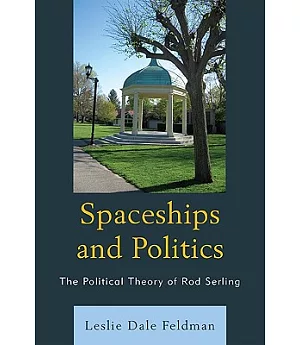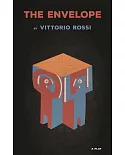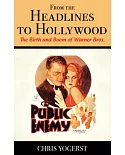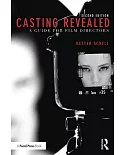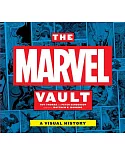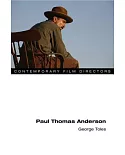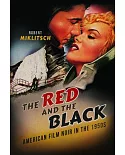"The marriage of science fiction and political theory is a long and complex one, but it has seldom been laid out in such detail and with as much analytical smarts as in Professor Feldman's
study of Rod Serling's The Twilight Zone. Fans of this popular series and students of political theory will all find much here about their main interest while learning new ways to think and
talk about it. I was particularly struck by the great variety of examples of alienation in Serling's work cast in the light of Marx's theory of alienation.-Bertell Oilman, NYU, author of
Alienation: Marx's Conception of Man in Capitalist Society
"More than a study of Rod Serling's Hobbesian political theory, Spaceships and Politics is an encounter with political theory's fundamental questions via the ultimate Cold War television
series, The Twilight Zone. Clear writing and engaging episode summaries make this book invaluable for anyone interested in reflecting on inhumanity, fear, loneliness, and the persistence of
hope. A great choice for classroom use."-Jodi Dean, Hobart and William Smith Colleges
Spaceships and Politics: The Political Theory of Rod Serling examines the political themes in The Twilight Zone. In this unique show, Rod Serling used fantasy and the supernatural to explore
political ideas such as capital punishment, the individual and the state, war, conformity, the state of nature, prejudice, and alienation. He used aliens and machines to understand human
nature. While the themes in The Twilight Zone often reflected political concerns of the time, such as the Cold War and post-industrial technology, the messages had broader political
implications. This book looks at Serling's mechanistic view of the world and emphasis on fear through Hobbesian themes such as diffidence and automata.-Leslie Dale 1 (Adman is professor of
political science at Hofstra University.

